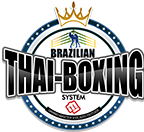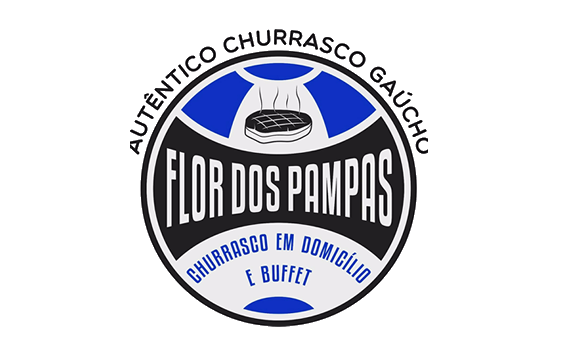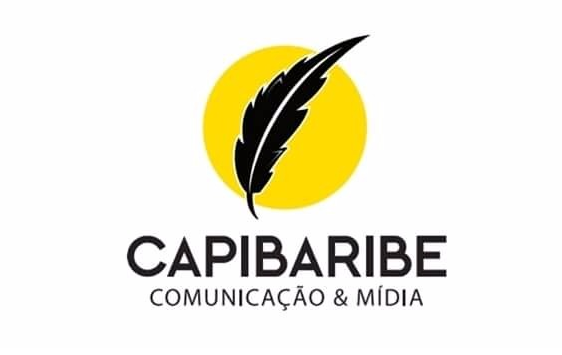In 2018 Brazil adds positive results and victories, but the fact that there is a shortage of successes in main struggles weighs a lot. Main fight is main fight. It is the most anticipated, the most viewed, the most affected. Therefore, positive results on the preliminary card or the first major matches do not cause the same impact as that of a main event. Justice be done, Amanda Nunes and Cris Cyborg are our champions in the largest MMA organization in the world. And we also have young talents on the rise in their categories. Is it the case of Paulo Costa (Borrachinha)? It is a good idea that a new Brazilian star in the UFC may be on the way. The case is urgent.
By 2011, when the mainstream media streamed UFC events in the early hours of the morning, it seemed like another successful recipe would take place between a Brazil-dominated sport and a good broadcast. The Brazilians were flying in MMA and collecting belts. At that time, Anderson Silva defended the belt with ease by knocking out opponents at middleweight, Jose Aldo was the undisputed featherweight champion, Junior Cigano dos Santos would become heavyweight belt owner and Renan Barão would become interim champion of the category in the following year. Brazil had, at the same time, four belts of the eight existing ones. In addition, the participation of Vitor Belfort, Wanderlei Silva, Fabrício Werdum, Lyoto Machida, Rafael dos Anjos, Rodrigo Minotauro and Rogério Minotouro was also noticeable. They made regular and important fights, and were always speculated to fight for the belt of their categories.
Master Evilázio Feitoza comments
In my analysis you are having a “talent burn” in MMA. Some team coaches hasten to the premiere of the young fighters in events of great and high technical level. For example: You can not advance steps in football, a young player when it is sold to the big clubs of the major leagues still go through a period of adaptation before playing a whole match. The way to try to match and overcome the problems of lack of structure in training young talent in our country would be to promote more amateur fights! I believe that so athletes could gradually overcome the level of future opponents and more naturally dominate the pressure after defeats. Today the athletes of the considered “new generation” arrive faster for the MMA, not having to go through period of adaptation in other modalities, as for example the jiu-jitsu athlete who had to mature the way to fight standing.
Evilázio ends by commenting on the infrastructure problem for athletes in Brazil. “The infrastructure is very heavy, and the athletes have few resources for training and little investment in their career. They mostly have to end up going to the US to get the training at a high level. ”
Additional information: terra.com.br
Press Office Fighter Sport / Evilázio Feitoza: Léo Capibaribe







